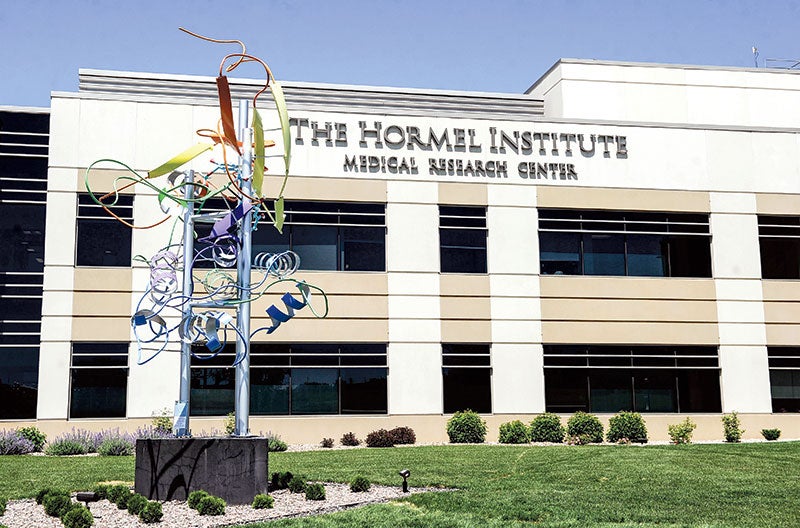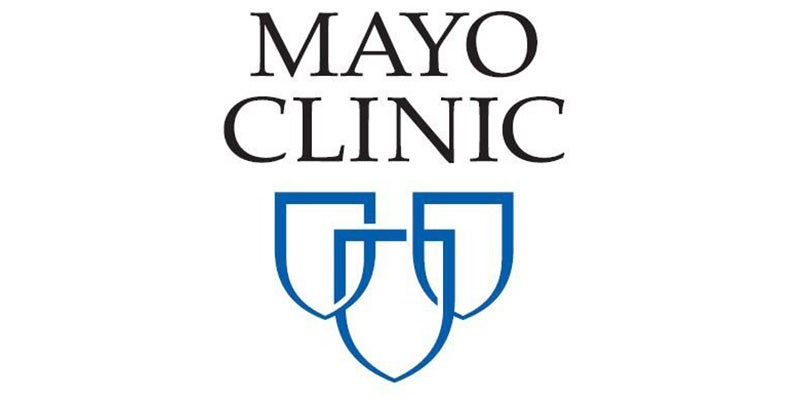Institute researcher uses CryoEM to study cardiovascular disease
Published 8:07 am Friday, January 22, 2021

- Dr. Raja Dey
|
Getting your Trinity Audio player ready...
|
Dr. Raja Dey, a researcher in the Nucleotide Metabolism and Drug Discovery lab at The Hormel Institute, a biomedical research institute at the University of Minnesota, recently published two research articles in collaboration with Weill Cornell Medicine at New York and Weill Cornell Medicine Qatar, Education City, Qatar Foundation, Doha, Qatar.
The first focuses on a cell-receptor involved in cardiovascular disease and the second on how the hormone progesterone regulates processes in the human body.
The article “Structural Basis of the Activation of Heterotrimeric Gs-Protein by Isoproterenol-Bound β1-Adrenergic Receptor” was published in Molecular Cell and describes research on the β 1-adrenergic receptor (β 1-AR) that is a major regulator of cardiac function. The team used cryo-electron microscopy to look at the atomic structure of β 1-AR in complex with Gs, a heterotrimeric G-protein. Activation of Gs by β 1-ARs leads to increased heart rate and contractility.
“One person dies every 36 seconds in the United States from cardiac disease,” said Dr. Dey. “This research has given us a foundation for improved drug development for many cardiovascular diseases.”
The article “Membrane progesterone receptor induces meiosis in Xenopus oocytes through endocytosis into signaling endosomes and interaction with APPL1 and Akt2” was published in PLOS Biology and is focused on research around the progesterone hormone and how a specific membrane progesterone receptor, mPRβ, interacts with proteins to affect various functions of the body.
“Progesterone is a hormone involved in the menstrual cycle, pregnancy, and embryogenesis of humans and other species, and plays an important part in the biology of some cancers” said Dr. Dey. “The results of our study have broad implications on our understanding of progesterone biology under both physiological and pathological conditions.”




